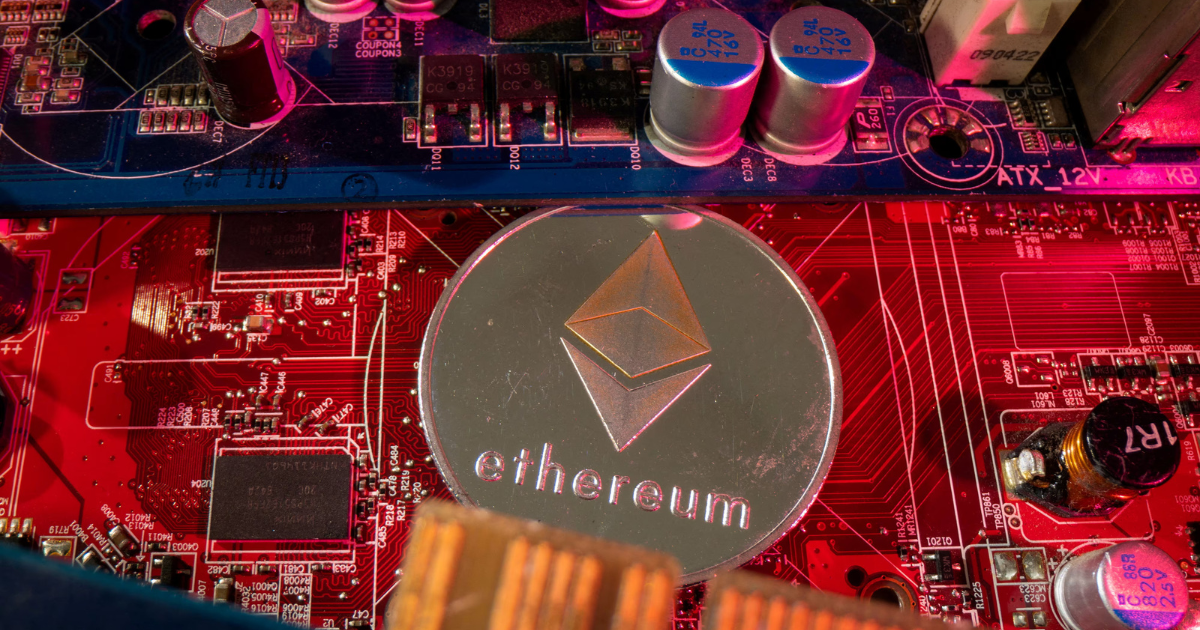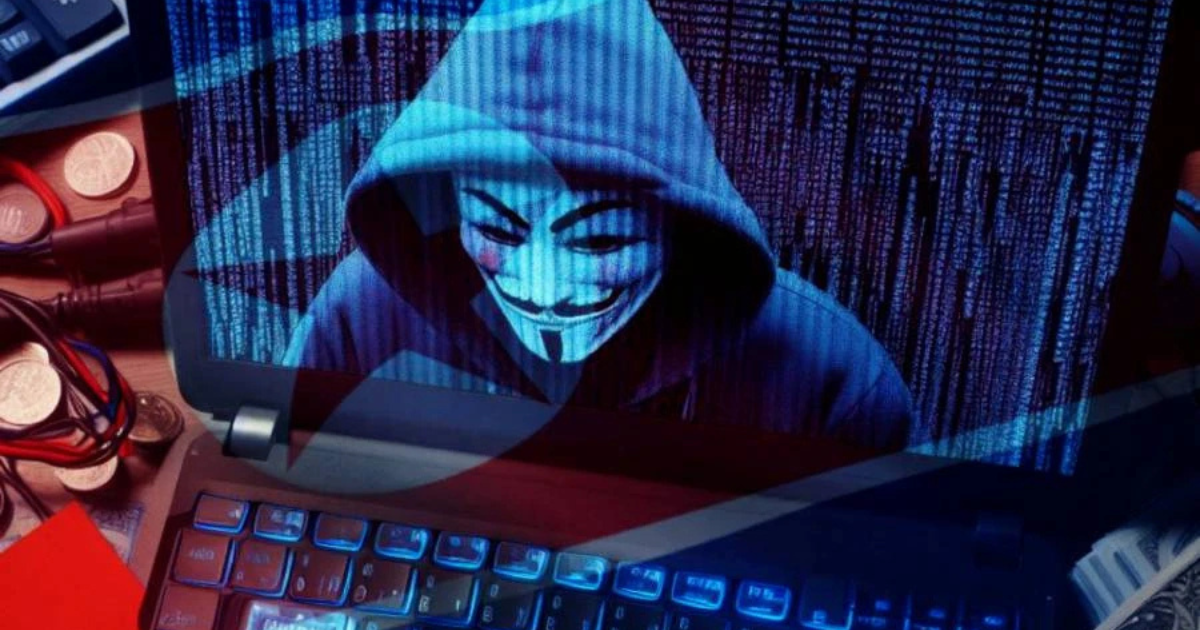How secure is Bitcoin? A North Korean Bitcoin heist just ripped off $308 million by North Korean hackers, and it’s not over yet.
It’s shocking that a state-sponsored cybercriminal is targeting the world of crypto with this attack on Japan’s DMM Bitcoin exchange. Read this for more info on the North Korean Bitcoin heist.
Key-Takeaways:
- Hackers stole $308 million from DMM Bitcoin, overexposing security gaps on crypto exchanges.
- The ‘TraderTraitor’ group tricked with social engineering and stole 4,502.9 BTC from DMM Bitcoin.
- However, one of the factors that should make crypto exchanges have stronger security measures is the heist, as DMM Bitcoin was shut down because of the incident.
Massive Breach Resulted from Social Engineering Tactics
 In ‘North Korean Bitcoin Heist’, hackers steal $308 million in Bitcoin from Japan’s DMM Bitcoin exchange. Rising threats in the crypto space further show this attack.
In ‘North Korean Bitcoin Heist’, hackers steal $308 million in Bitcoin from Japan’s DMM Bitcoin exchange. Rising threats in the crypto space further show this attack.
The FBI and international agencies revealed the skill of state-sponsored hackers with the release of the heist. Although exchanges are still vulnerable to their tactics, which continue to evolve, the reality is that exchanges are a long game, so make great use of them.
That’s a terrifying story for the industry overall. But now, stronger security measures are needed to stop that.
The attack, carried out by ‘TraderTraitor,’ a hacker, in March 2024 was a social engineering attack. They targeted Ginco employees posing as LinkedIn recruiters.
The FBI and international partners are reporting a North Korean crypto theft from a Japan-based company. After an initial compromise with social engineering techniques, the cyber actors used TraderTraitor malware to steal cryptocurrency worth $308 million: https://t.co/8kRsTrTqK5 pic.twitter.com/RzSX4UPSgr
— FBI (@FBI) December 24, 2024
What they sent was a malicious Python script in dress as a job test. They had made the system vulnerable by allowing hackers access.
One of 2024’s biggest crypto thefts, it all started with a fake job offer. The hack at Ginco gave them a way to keep digging deeper.
In the case of Ginco, they got critical information through the unencrypted communications. That provided them with a path into DMM Bitcoin’s internal systems.
By May, hackers were able to manipulate transactions. The attackers intercepted requests and stole 4,502.9 BTC.
North Korean Bitcoin heist is only part of a larger North Korean cyberattack campaign. Pyongyang backed hackers are leading crypto crime in 2024.
For over 47 incidents, $1.34 billion was stolen. It’s nearly double that to the $660 million lost in 2023.
Impact to the Cryptocurrency Industry
 It is more than a monetary loss for the North Korean Bitcoin heist. DMM Bitcoin itself announced its own shutdown would be in December 2024.
It is more than a monetary loss for the North Korean Bitcoin heist. DMM Bitcoin itself announced its own shutdown would be in December 2024.
As they cannot recover, all assets will be liquidated on the exchange. That underscores the need for more crypto security.
The TraderTraitor Threat Group
 The FBI said the attack was linked to the TraderTraitor group. Additionally, they are referred to as Jade Sleet and UNC4899.
The FBI said the attack was linked to the TraderTraitor group. Additionally, they are referred to as Jade Sleet and UNC4899.
TraderTraitor is connected to Lazarus Group, the group behind some major crypto thefts. On a regular basis, they do operations against global exchanges.
North Korea’s programs to develop weapons are financed by these attacks, intelligence agencies warn. Crypto can be stolen and used to develop weapons of mass destruction.
There’s more signs of increased cybercrime complexity, and one that’s particularly notable is the North Korean Bitcoin heist at DMM Bitcoin. This was an advanced social engineering, an advanced technical exploitation. That is a warning to the crypto industry. Hackers are always developing faster at a state-backed level.
Billions of dollars worth of digital assets are at risk at exchanges under pressure. Better security protocols need to be used to catch future breaches.
The wallet providers must take greater precautions. Employer training and multifactor authentication are the main defenses.
It’s an ongoing showcase of state-sponsored hacking’s growing power. The crypto industry is having to adapt or lose much more.
Conclusion
A combination of strong security measures like employee training and multifactor authentication will help prevent these attacks, such as the North Korean Bitcoin heist. The greater crypto grows, the more valuable we need to protect it for financial stability purposes.
If a currency exchange suffers such an attack, what security measures can it take to prevent this from happening again in the future? Post your remarks in the comments below.










